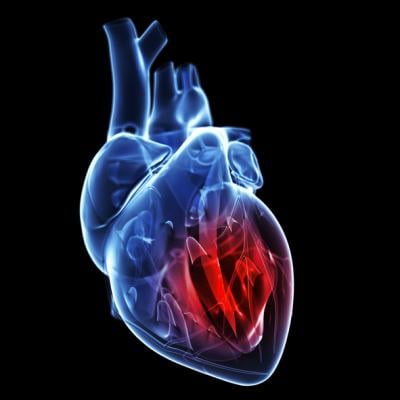
February 28, 2022 – Research from the University of Cincinnati is examining a protein that plays a key role in heart failure.
The study is funded by the National Heart, Lung, and Blood Institute for just over $2 million dollars for four years and is a second renewal of a previous grant given to Sakthivel Sadayappan, PhD, professor in the Division of Cardiovascular Health and Disease in the Department of Internal Medicine at the UC College of Medicine.
Heart disease is a complex clinical syndrome that is a predominant cause of mortality in adults, said Sadayappan. With all the technology and treatment options, heart disease is still the number one killer worldwide and the leading cause of death for men and women in the U.S.
The month of February has been designated as American Heart Month, which is dedicated to focusing on heart health. Over several decades, Sadayappan and his research lab have focused on understanding the exact causes, signals and defects that cause heart disease so that it can be either prevented or cured. In the current project, he and his team study the impact of the appearance of skeletal muscle protein in the heart during heart disease.
“In our preliminary study, we discovered that the protein is expressed or being used in the failing animal hearts and biopsies from heart failure patients,” said Sadayappan, the principal investigator for the study. “So, the question we asked was, ‘What is the skeletal muscle-specific protein expressed in the heart? What is its role in the heart? Is it helping the condition of heart failure or is it bad for treating heart failure?’”
The long-term objective of the research is to understand the functional consequences of the family of proteins on heart function in health and heart failure, according to Sadayappan. The research uses animal models to express the protein in the heart, which Sadayappan says is functionally beneficial, but not for the whole organ. Instead, that causes pain in the organ.
“This funding will determine why and how this phenomenon occurs,” said Sadayappan. “We don’t know that now. If it turns out that this process is beneficial, then we can use it as a gene therapy. We can use therapy on heart failure patients, and then see if we can improve their cardiac function. Or if it’s bad, we can use gene therapy to remove the protein in heart failure patients, and then that can be beneficial.”
Evangelia “Litsa” Kranias, PhD, Hanna Professor of Pharmacology and Systems Physiology, Distinguished University Research Professor, serves as a co-investigator in the study.
For more information: https://www.uc.edu/


 February 03, 2026
February 03, 2026 









